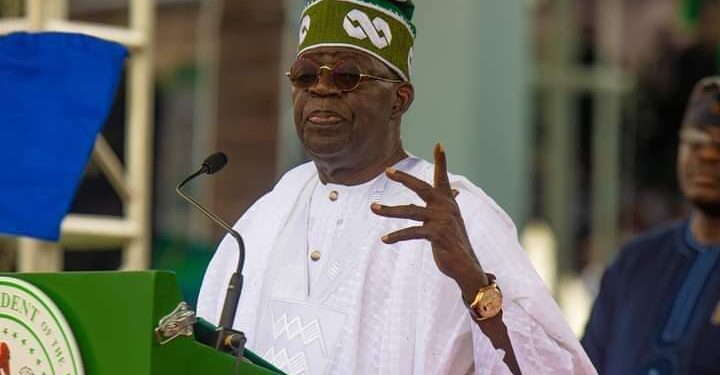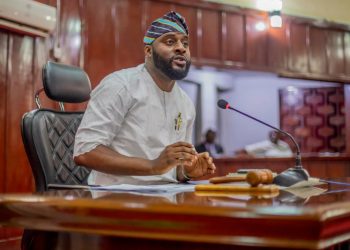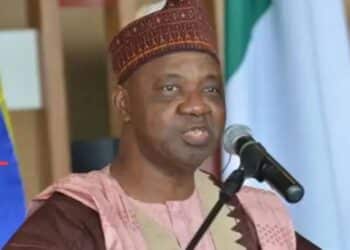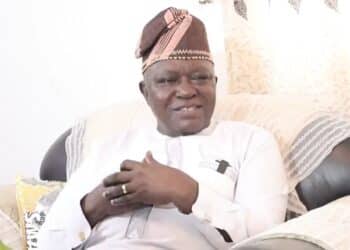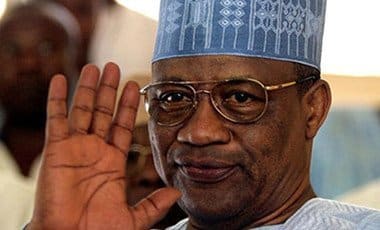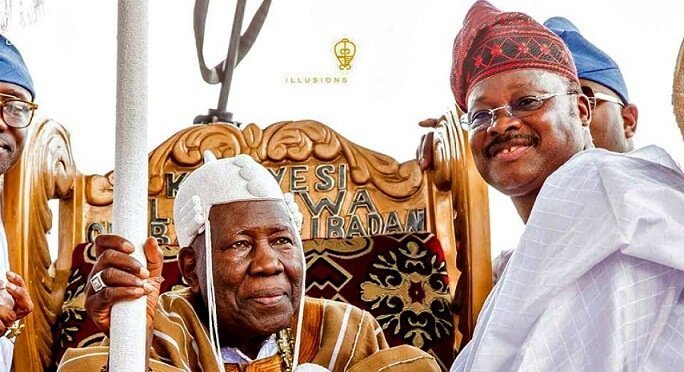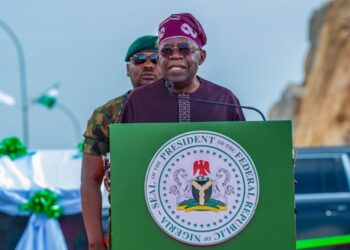Atiku and Obi implored the court to declare themselves the election winners. They begged the election tribunal to overturn Tinubu’s designation as the winner by the Independent National Electoral Commission (INEC). After being rejected, both went to the Supreme Court.
Atiku attempted to submit fresh evidence of purported forgery against Tinubu to the Supreme Court. Still, his request was denied on Thursday as the appeal was not included in the tribunal’s initial motion and the time limit for submitting new evidence had passed.
According to Justice John Okoro, the appellants did not request a deadline extension or seek to alter their appeal to include the forgery issue, and even if they had, their requests would not have been accepted.
Justice stated, “We are unable to investigate this as the lower court, which was bound by the provisions of Section 285 Sub 6 of the state constitution when attempting to hear election petitions, has lost its jurisdiction.”
The Supreme Court upheld the Tribunal’s ruling that Abuja/FCT should be treated as the 37th state in Nigeria to calculate the two-thirds majority required for a presidential candidate to be declared the winner of an election. This was despite Tinubu’s argument that he could not be declared president because he did not receive 25% of the vote in the Federal Capital Territory.
Additionally, the Supreme Court decided that the Independent National Electoral Commission’s (INEC) inability to send the electronic results electronically did not render President Tinubu’s election invalid.
Justice Okoro declared, “The non-existence of the iREV cannot be grounds for the nullification of the election.” “The election results were unaffected by the failure to transmit results to iREV.”
Additionally, the Supreme Court denied Obi’s plea to remove Tinubu because Kashim Shettima had been twice nominated as vice president.
The justices stated that the Supreme Court had previously addressed the issue in one of its rulings.
The Supreme Court dismissed the PDP’s lawsuit in May.
The five-member Supreme Court panel determined that the PDP lacked the necessary standing to initiate the lawsuit.

